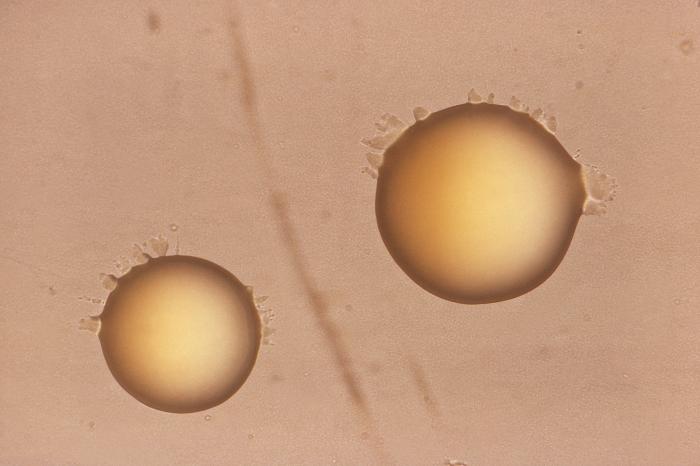Facilities in Minnesota are investigating Mycobacterium chimaera infections that may be associated with medical products. Our Minneapolis law firm is accepting cases throughout the U.S. and is currently representing clients who want compensation and justice.
Nationally, the median time from surgery to diagnosis of Mycobacterium chimaera infection has been reported as 21-30 months. However, some unpublished infections may have been diagnosed closer to 6 years after surgery, according to the Minnesota Department of Health (MDH). This means that it may take years after surgery for an infection to surface, and when it does, it can be deadly. Even if your infection is undetected for years, when it is diagnosed, you can still contact our law firm about a Mycobacterium lawsuit.
The Mayo Clinic notified 17,000 patients about the risk of infection from a heater-cooler device used in open-heart surgery.
What are the Signs and Symptoms of a Mycobacterium (NTM) Infection?
If you have undergone cardiopulmonary bypass or other open-chest surgery, be aware of the possible signs and symptoms of NTM infection. These may include:
- recurrent or persistent fever of unknown origin;
- night sweats;
- weight loss;
- fatigue;
- failure to thrive among infants;
- pain, redness, heat, or pus around a surgical incision;
- prosthetic valve endocarditis (heart valve infection);
- prosthetic vascular graft infection;
- mediastinitis;
- evidence of disseminated infection, including embolic and immunologic manifestations (e.g., splenomegaly, arthritis, osteomyelitis, bone marrow involvement with cytopenia, chorioretinitis, pneumonitis, hepatitis, nephritis, myocarditis, and cerebral vasculitis);
- granulomatous disease;
- abnormal laboratory findings, including anemia, leukopenia, thrombocytopenia, and elevated c-reactive protein, transaminases, and creatinine.
Can NTM Infections be Treated?
NTM infections can be treated with combinations of specific antibiotics. Some patients who become infected may need prolonged treatment (from months to years). Additionally, although rare, some heart valve patients who develop NTM infections after having cardiac surgery may require additional surgery. If untreated, NTM infection could be potentially fatal.
Sources:
- http://www.consumerreports.org/doctors-hospitals/mayo-clinic-warns-patients-of-new-infection-risk/
- FDA. http://www.fda.gov/MedicalDevices/Safety/AlertsandNotices/ucm466963.htm
- http://www.seattletimes.com/seattle-news/health/operating-room-machines-test-positive-for-legionella-at-uwmc/
- Minnesota Department of Health (MDH). http://www.health.state.mn.us/han/2016/oct4ntm.pdf
